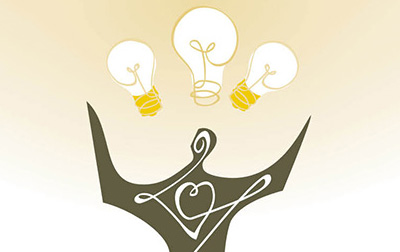Have you ever heard the saying “You are what you eat?” Well the same holds true for “You are what you think.” Cognitive and behavioral science have proven that “automatic thoughts”, or involuntary and automatic responses, truly do exist. Many of the thoughts that we create are actually based on beliefs that we have about ourselves and our world, both positive and negative.
The average person creates anywhere from 60,000 to 75,000 thoughts per day, with over 90% that occur “automatically” as a result of our past experiences. Think about all of the things that you do each day without consciously thinking about it. Taking a shower, making dinner, even interacting with your co-workers can all be done without conscience thought. These thoughts are actually ruling your world, determining both your successes and your failures. Subconscious or “automatic” thoughts are the operating system for your mind, like a computer that has been programmed to respond.
Now many of our thoughts are incredibly positive. However, the negative thoughts that randomly enter our minds or appear in certain situations can make the biggest impact. Some can even be strong enough to inhibit your progress and development through life. Since automatic thoughts can create your attitudes and behaviors, they are well worth examining.
When you first begin to notice that you are having an “automatic thought” that is negative, we call this high noticing. Even if you are not sure how or why the thought has occurred, the fact that you even notice it should be celebrated. Recognizing the unconscious thought is half the battle.
Once you have determined that the automatic thought is having a negative impact, or an effect on your life that is not desired, you can begin to actively change these thoughts. One tool to help you shift your thoughts is the Clarity Daily Check-in mentioned in an earlier blog. Its purpose is to help you stay conscious and self aware every day so you notice those negative automatic thoughts; just asking the check-in questions will require you to shift your thoughts to more positive ones. When you understand that automatic thoughts create your feelings and ultimately your actions, you can begin to make real and sustainable changes in how you live your life.




